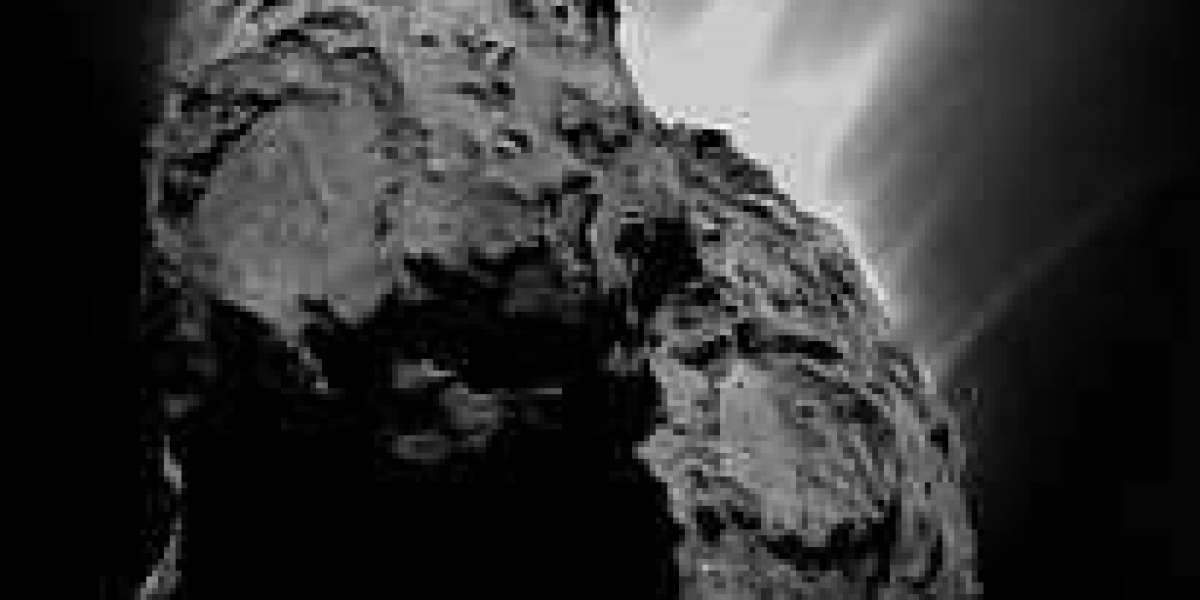Comet 67P/Churyumov-Gerasimenko (67P/C-G) to have its own northern lights revealed by the data from NASA instruments on the ESA (European Space Agency). It is the first time a celestial object other than a planet or moon seems to have such electromagnetic emissions in the far ultraviolet .
67P/C-G , named after the first two observers (Klim Churyumov and Svetlana Gerasimenko) , has its unique ultraviolet aurora. Rosetta, an ESA spacecraft, was the first orbit a comet and to intentionally crash-land a probe on a comet (67P/C-G) . Rosetta's discoveries suggest that comets would have helped bringing life on Earth by embedding the planet with the necessary raw materials.
Aurora (Northern Southern lights) is generated when electrically charged particles speeding from the Sun hit the upper atmosphere creating shimmers of colours. The data indicates 67P/C-G's emissions are actually auroral in nature. The stream of charged particles flowing out from the Sun interacts with the gas in the comet's coma, breaking apart water and other molecules resulting in a distinctive far-ultraviolet light.
"Rosetta is the gift that keeps on giving" said Paul Feldman, an investigator on Alice at the Johns Hopkins University in Baltimore . As , scientist now debate if comets too were early water bearers of Earth apart from asteroids.






